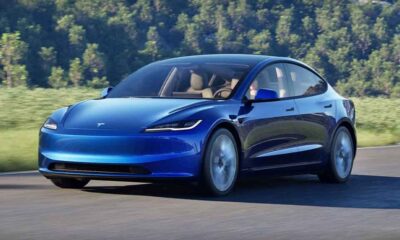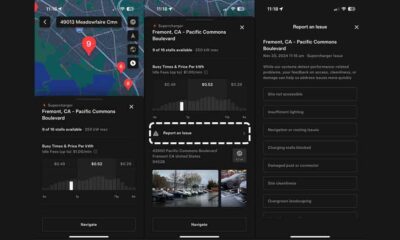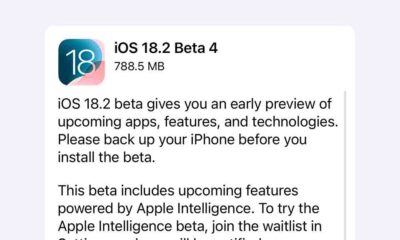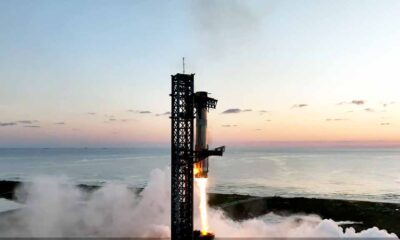Tesla
Tesla shares FSD v13 features and improvements
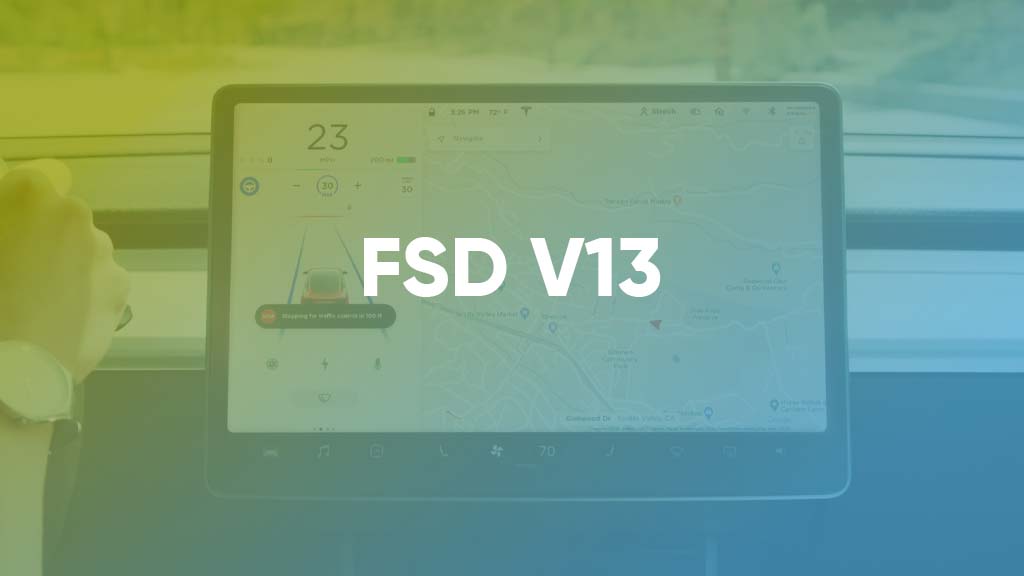
Tesla has announced the features and improvements for Full Self Driving (FSD) v13, which is expected to rollout for limited users by November.
Last month, the electric vehicle (EV) maker announced a new FSD rollout roadmap for the FSD 12.5 series and confirmed that version 13 will also make a debut this month.
However, it missed the rollout for October and now, Tesla is looking for this release in November, followed by a wide adaptation.
Here are the FSD V13 features and tech upgrades:
- 36 Hz, full-resolution AI4 video inputs
- Native AI4 inputs and neural network architectures
- 3x model size scaling
- 3x model context length scaling
- 4.2x data scaling
- 5x training compute scaling (enabled by the Cortex training cluster)
- Much improved reward predictions for collision avoidance, following traffic controls, navigation, etc.
- Efficient representation of maps and navigation inputs
- Audio inputs for better handling of emergency vehicles
- Redesigned controller for smoother, more accurate tracking
- Integrated unpark, reverse, and park capabilities
- Support for destination options including pulling over, parking in a spot, driveway, or garage
- Improved camera cleaning and handling of camera occlusions
So, the new V13 will bring 5 times improved compute scaling featuring the new Cortex training cluster. This will be a major improvement for FSD. On the other hand, you will also see new features such as unpark, reverse, and park in FSD cars.
The EV maker will implement of several new changes to deliver a 4 times increase in miles between necessary interventions compared to v12.5.4.
This improvement is an important milestone for the upcoming V13 series. The company will ship this version to internal testers by early November. Afterward, it will keep validating the test builds until it reaches stability to rollout for public users.
For that, the company is now targeting a wide release of V13 around Thanksgiving. However, its initial rollout will be limited to Hardware 4 (AI4).
(source)



